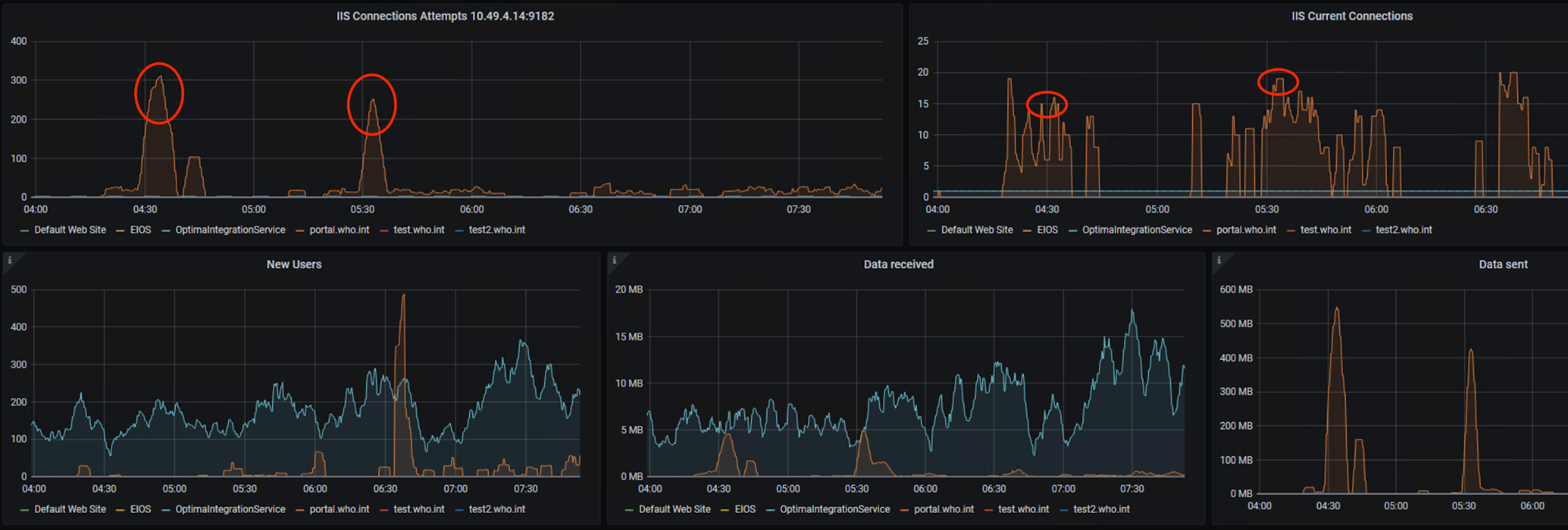In late 2019, as the news media reports about an unknown respiratory disease began to increase it would have been nearly impossible to predict how the following year would play out. Yet, a global collaboration between various public health stakeholders supported by a technological solution for global collaborative detection of threats to public health, their verification and assessment of risks was already in place, led by the World Health Organization (WHO).
The Epidemic Intelligence from Open Sources, or EIOS, is a collaboration between public health stakeholders around the globe to create a unified, all-hazards, “One Health” approach to early detection of threats to public health from publicly available sources, their verification, risk assessment, ongoing threat monitoring, situation analysis and communication between relevant stakeholders to provide actionable intelligence for decision making.
The EIOS community of practice is supported by the EIOS system built on a long-standing collaboration between the WHO and the Joint Research Centre (JRC) of the European Commission (EC). The EIOS connects other systems and actors and promotes innovative ways of collaborative development of new capabilities and features for public health intelligence.
The EIOS first detected a spike in pneumonia cases on December 31, 2019, and by the end of 2020, the system experienced an increase in data volume with over 26 million tagged articles related to the pandemic. These 26 million articles make up over 85% of the total articles on EIOS, and due to the massive increase in traffic over the year, there was a clear scalability challenge.
Red Hat got in touch with the WHO through Red Hat’s Social Innovation Program, which supports nonprofit organizations on their open source technology projects that are helping solve the world’s most pressing issues. The two parties decided to collaborate on EIOS, and the resulting engagement informed the EIOS team on several recommended improvements to help scale the platform further.
This was done by helping to troubleshoot known issues related to scalability across different teams through joined sessions, identifying bottlenecks together, and including all perspectives in the final recommendations. The two main outcomes of this collaboration were done by demonstrating to EIOS how to achieve a consistent and reliable system using an infrastructure as code approach, including the use of Ansible to accelerate deployments through automation.
Ansible was also used to automate deployment of Prometheus, and Grafana, both implemented as monitoring solutions in EIOS environments.
"Red Hat’s Social Innovation Program provided timely and valuable support during the challenging times for the public health practice on a global scale," said Dušan Milovanović, Health Intelligence Architect at the World Health Organization. "With the rapid international outbreak of the COVID-19 disease, a global surge of information put the public health experts and the EIOS system they use under an enormous strain."
"Red Hat experts were instrumental during a critical situation for the system functioning. In addition, they provided right, fit-for-purpose open-source solutions and recommendations for improvement and strengthening of the EIOS system’s performance and stability."
Über den Autor
Alexandra Machado leads the Social Innovation Program at Red Hat. She is a thought leader in the open source and cross sector collaboration space. Machado is passionate about defining new and better technological and corporate culture strategies to help the world be better equipped to overcome global problems. She holds an MBA and MSc in Information and Communications Technologies. She currently lives in New York City.
Ähnliche Einträge
Revolutionizing learning: How Ford's Kubernetes community sparks technological innovation
Eine Partner-Community statt vieler Einzelkämpfer
A vested interest in 5G | Technically Speaking
Nach Thema durchsuchen
Automatisierung
Das Neueste zum Thema IT-Automatisierung für Technologien, Teams und Umgebungen
Künstliche Intelligenz
Erfahren Sie das Neueste von den Plattformen, die es Kunden ermöglichen, KI-Workloads beliebig auszuführen
Open Hybrid Cloud
Erfahren Sie, wie wir eine flexiblere Zukunft mit Hybrid Clouds schaffen.
Sicherheit
Erfahren Sie, wie wir Risiken in verschiedenen Umgebungen und Technologien reduzieren
Edge Computing
Erfahren Sie das Neueste von den Plattformen, die die Operations am Edge vereinfachen
Infrastruktur
Erfahren Sie das Neueste von der weltweit führenden Linux-Plattform für Unternehmen
Anwendungen
Entdecken Sie unsere Lösungen für komplexe Herausforderungen bei Anwendungen
Virtualisierung
Erfahren Sie das Neueste über die Virtualisierung von Workloads in Cloud- oder On-Premise-Umgebungen

